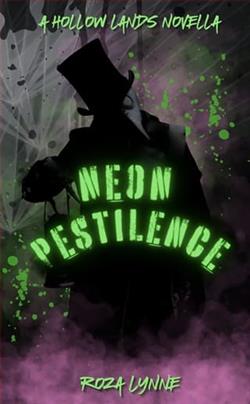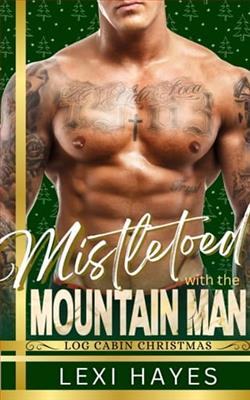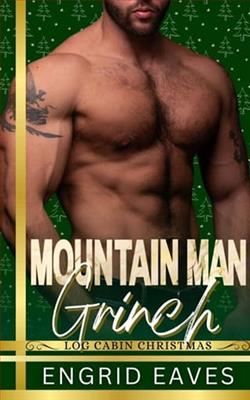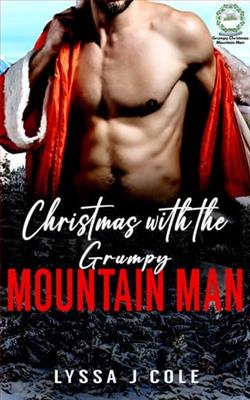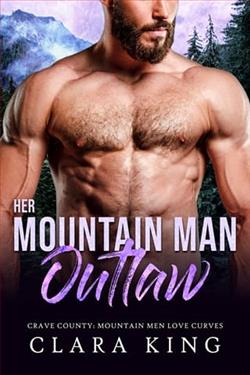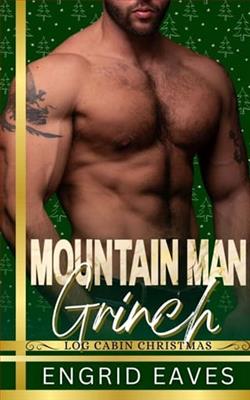Page 20 of An Irish Summer
“Storytelling,” he said, as if that one word said it all. “Ready to see the lakes?”
“If the picnic is happening at the lakes, then absolutely,” I said. “I’m starving.”
“Might it kill you to focus?” he asked.
“It will, actually,” I said. “Thanks for asking.” He nudged me with his shoulder and my skin tingled at the contact.
We walked along a path under a canopy of trees, in and out of the sunlight. Collin swung the picnic basket in the space between us, and I was thankful for the distance. He’d taken his flannel off when the sun came out, leaving his forearms out in the open, and I noticed the tattooed cherries on the inside of his elbow. And the umbrella on the bone of his wrist. The scattered collection of art that might tell me everything about him if I only asked.
Before I even had a chance to contemplate whether I’d ever do such a thing, the trees cleared. The gravel path turned to dirt and the water stretched in front of us, and my breath caught in my lungs. Sunshine sparkled on the blue-green water, and mountains dipped low in the center of the lake in a perfect V. Wispy clouds followed the path carved by the mountains, reflected in perfect streaks of white between the deep greens of the trees.
“Deadly, isn’t it?” Collin said from behind me, his voice quieter in my ear than it had been in the cemetery. I giggled at the slang, grateful for the opportunity to cover my surprise at how close we were standing.
“That’s one way to describe it.”
“The Irish call it the ‘valley of two lakes,’” he said. “That’s the translation of Glendalough.”
“It’s a pretty word,” I said, eyes trained on the valley and ears trained on Collin’s voice.
“Say it.”
“What?”
“Try it out,” he said. “Irish words feel good on the tongue.”
“It wouldn’t sound as good in my accent,” I said, conscious of the fact neither of us needed to know how anything felt on the other’s tongue.
“Aye, don’t be embarrassed,” he said. “Yer accent isn’t so bad. And besides, the Irish language is dying, so we need as many people to use it as possible. Even if it’s just a word.”
“Do you speak it?”
“You’re stalling again.”
“Glendalough,” I said, tasting the language in my mouth. It didn’t sound right, and I could feel heat creeping onto my cheeks in the silence that followed.
“Fair play,” he said with an approving nod, which made me feel sillier. He didn’t have to be looking at me like I just announced he won the lottery. It was just a word. “And I do speak the language a bit,” he said. “My grandparents tried to teach us when we were kids, and of course we learned it in school, but I don’t use it a lot, so it’s gone to shite.”
“Maybe you should use it more,” I said. “I heard it’s dying.”
His smile stretched to his ears, and I snagged the picnicbasket from his hands to give myself something to do other than stare at his face. “Picnic time?” I asked, holding it up, and he laughed.
“Picnic time.”
We found a grassy spot by the water and spread a blanket on the ground, ignoring that it was damp and uneven. Collin unpacked the basket, laying sandwiches and fruit and two cans of beer between us.
“I can’t take credit for anything,” he said before I could react. “This is Flo’s doing.” I wasn’t huge on the idea of our coworkers knowing what we were up to, especially Flo and her wiggling eyebrows, but I was too thankful for the food in that moment to care.
I picked up a sandwich, studying it through the plastic wrap. “Is this—”
“A Tayto sandwich.” Collin laughed. “An Irish delicacy.”
“But it’s just—”
“Crisps on a sandwich?” He chuckled again, taking it from my hands and unwrapping it. “Take a bite.”
“You’re bossy.”
“Part of the job,” he said, holding the sandwich out to me. “Give it a try.”









